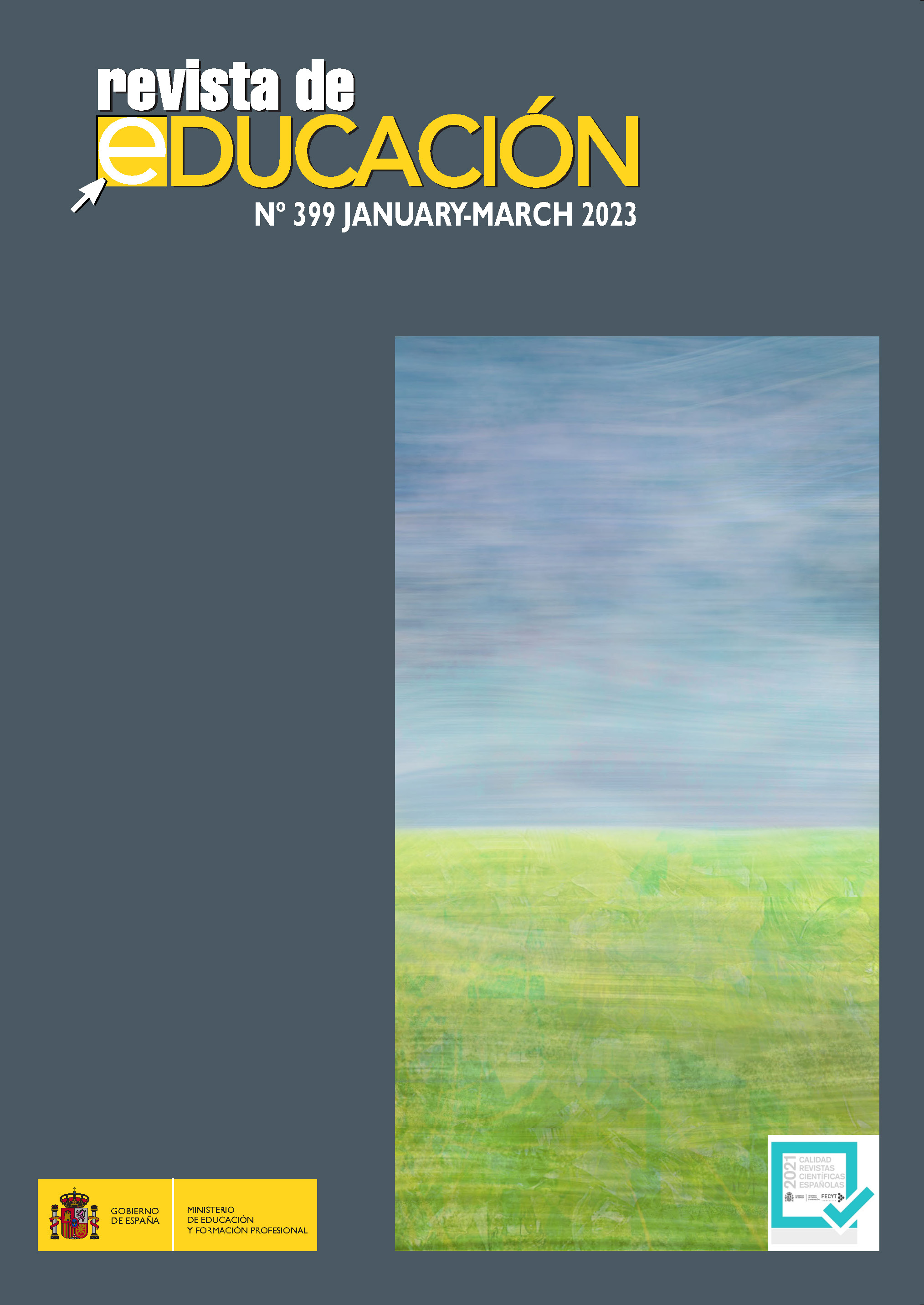What can the teachings of the Tao classics contribute to western education?
Main Article Content
Abstract
Educational Taoism, also called philosophical Taoism, daojia, written 道家, taught by Tao masters, is an indispensable part of Chinese and universal culture. It includes an educational potential that is little known and hardly transferred to globalised educational systems, where it has not been taken into account, nor has it been an explicit part of Western education. The aim of this essay is to understand whether the teachings contained in the classical texts of Taoism ("Tao Te Ching", "Zhuang Zi" and "Lie Zi") can be useful to support and promote education for a more conscious life. For this purpose, hermeneutic analyses of these texts are carried out, based on the radical and inclusive approach to education created by the authors almost three decades ago. Four transferable radical pedagogical pillars are identified: Tao, ziran, wuwei and Te. The discussion and conclusions point to the complementarity between globalised Western education, which currently gravitates around competencies, and the teachings of the Tao masters. A convergence between the Western tradition, in the Socratic tradition, and based on the classics of the Tao, can contribute to the foundation of a more complete education adjusted to the complexity of the human being. This aspiration is far from the educational guidelines of the supranational educational bodies: UNESCO, the World Bank and the OECD. The pedagogical implications are applicable to any educational system, any stage of formal education (from early childhood education to university), as well as to non-formal and informal educational contexts.
Key words: Education, Taoism, radical and inclusive approach to education, consciousness, Pedagogy, Didactics

